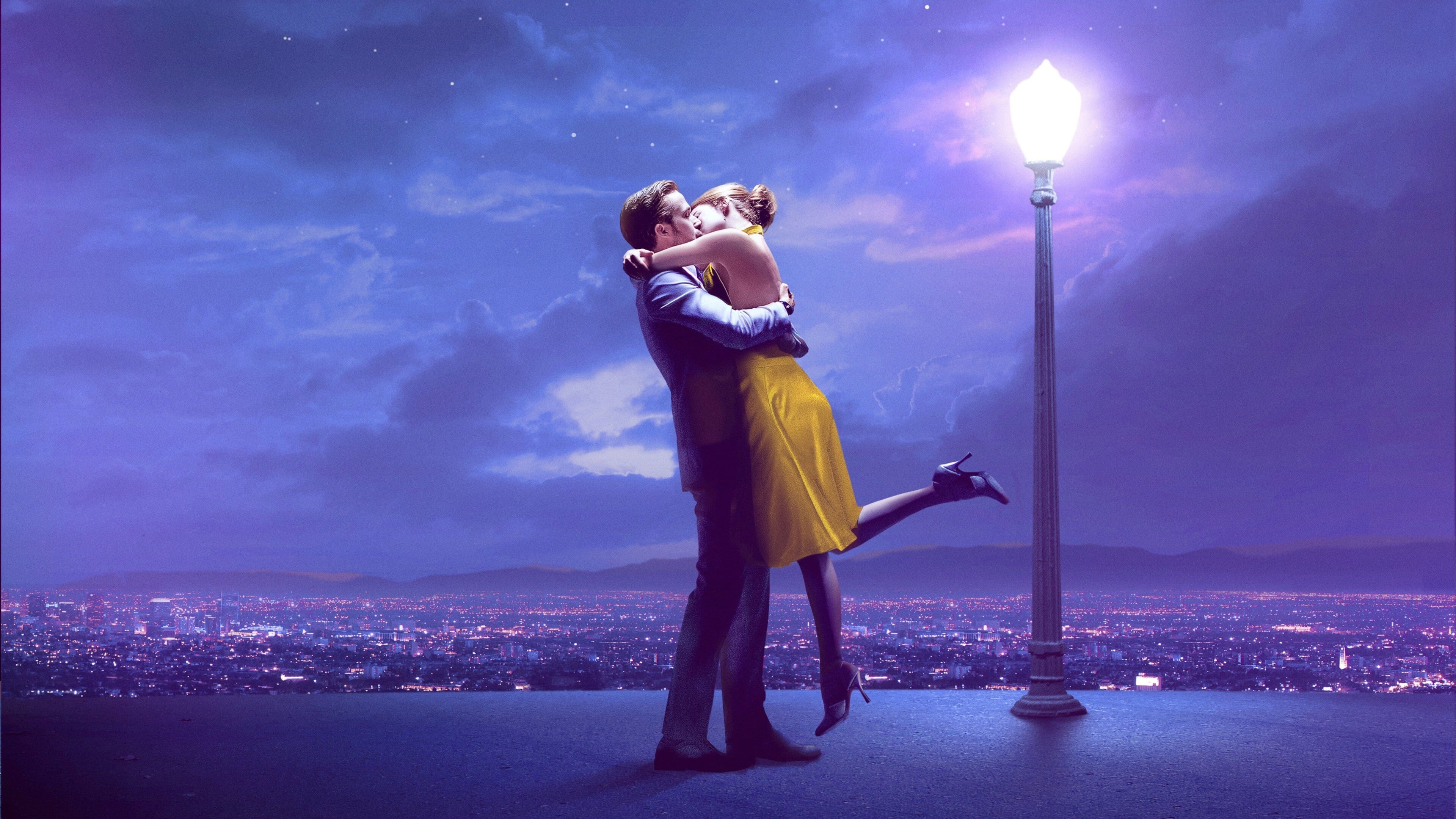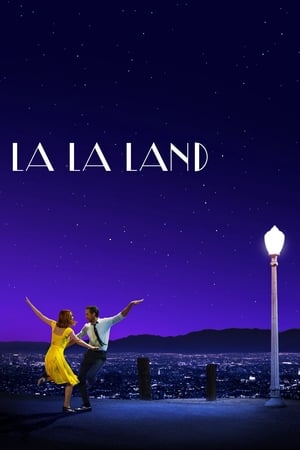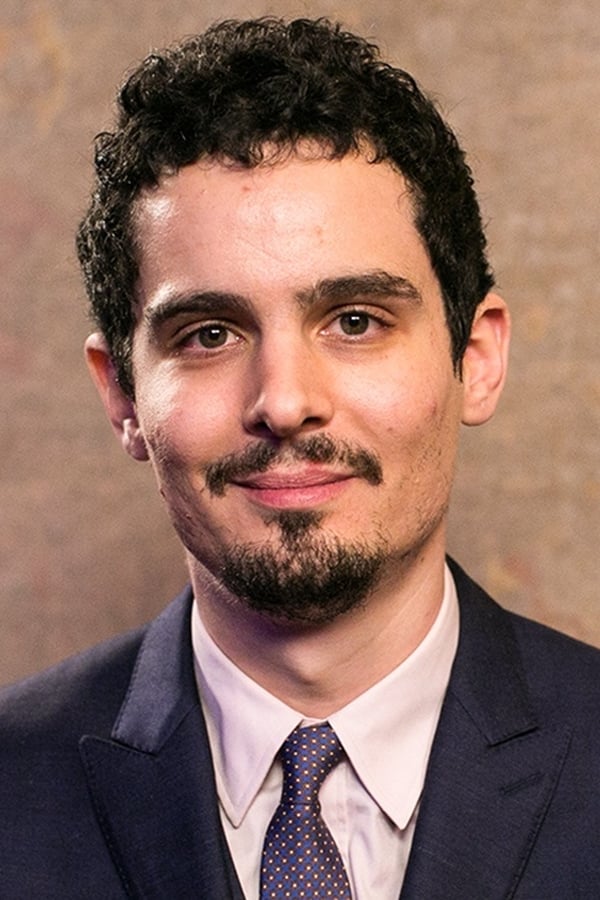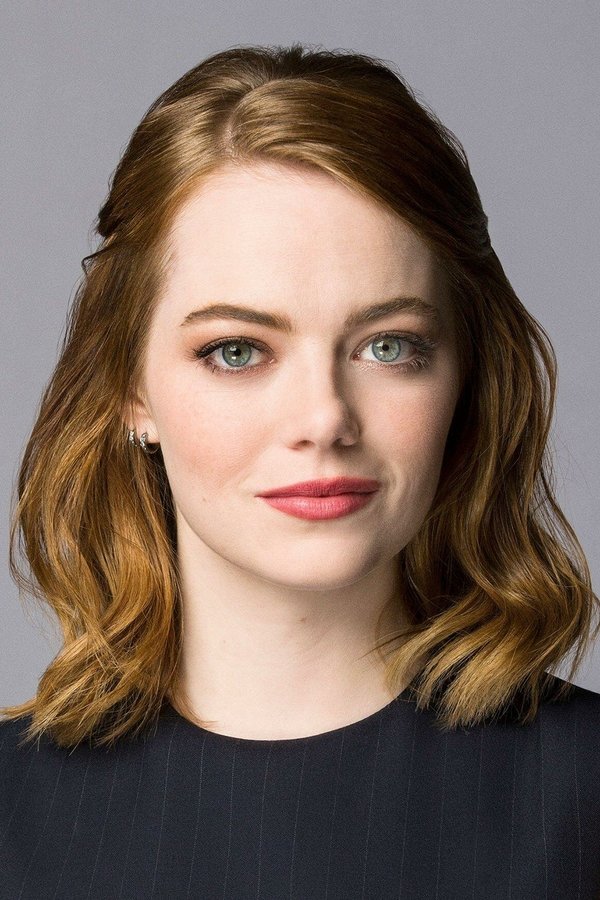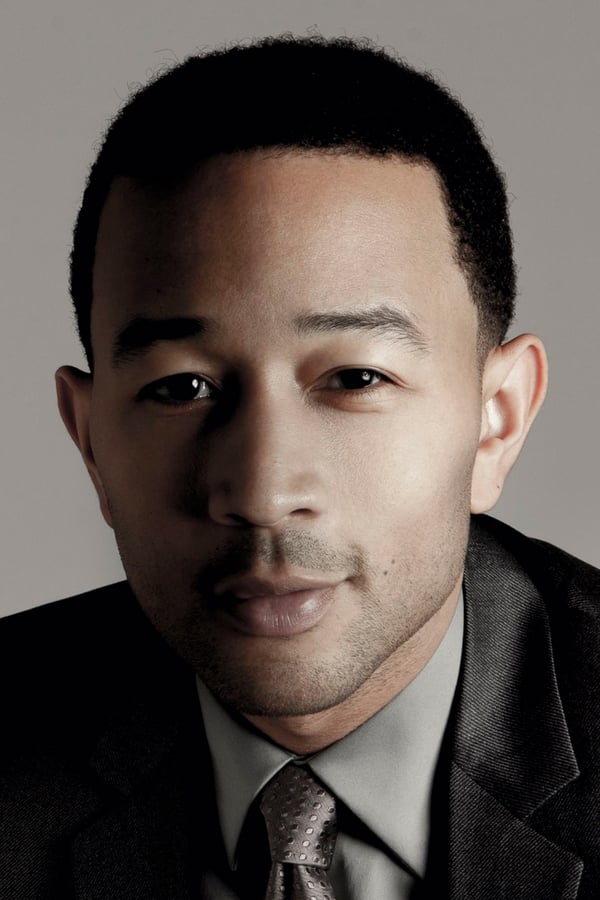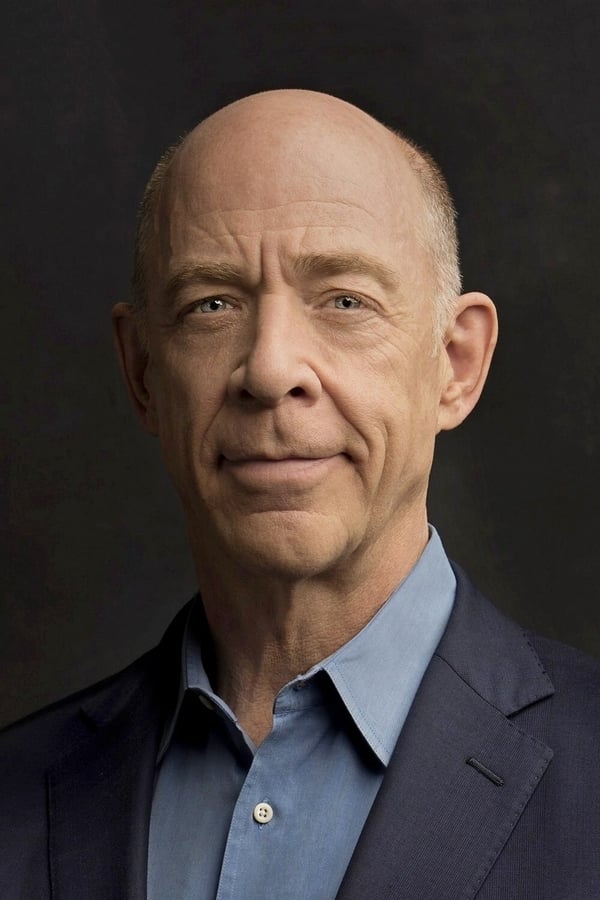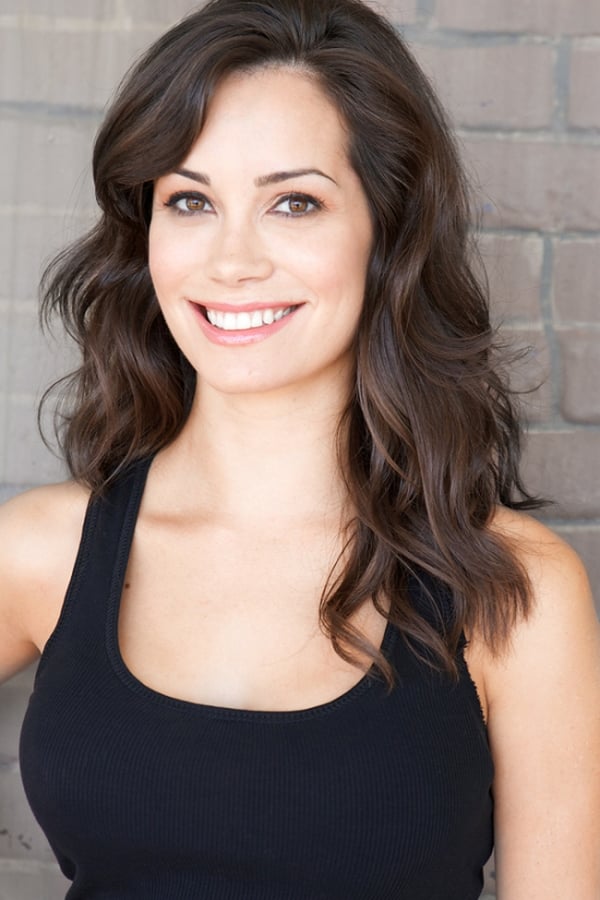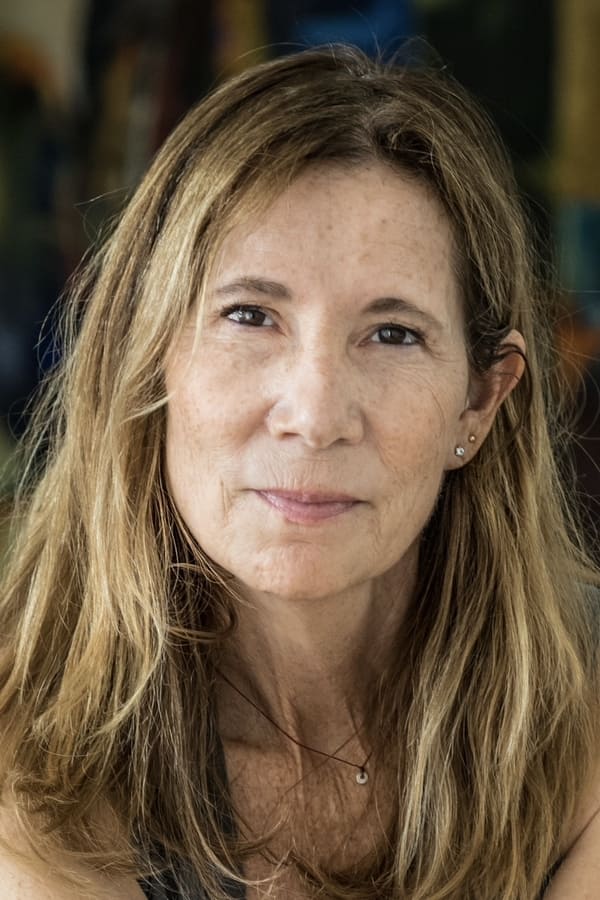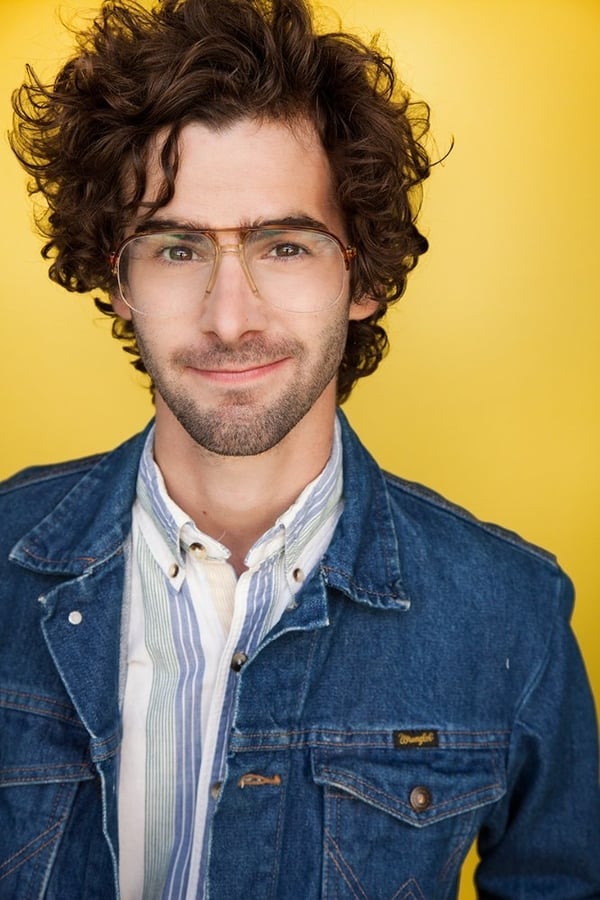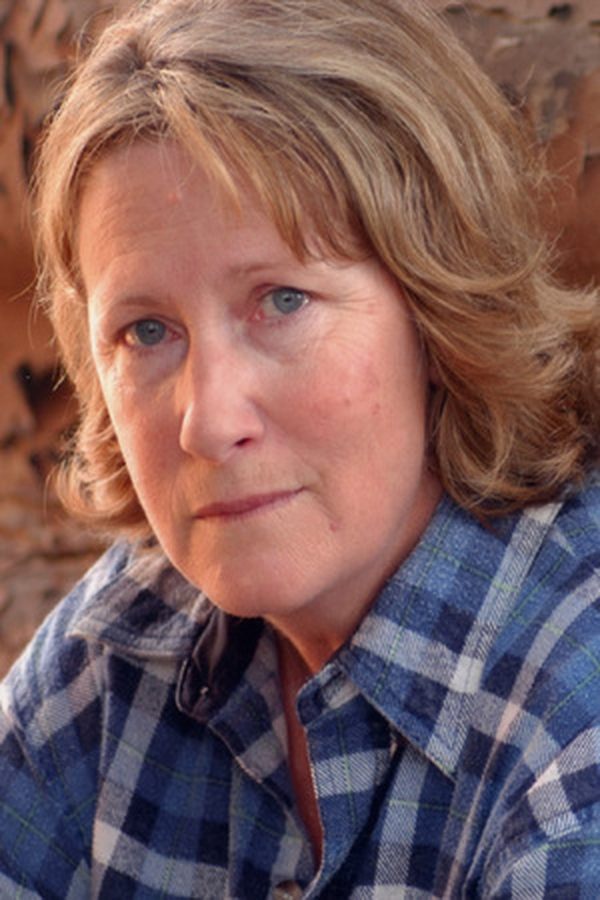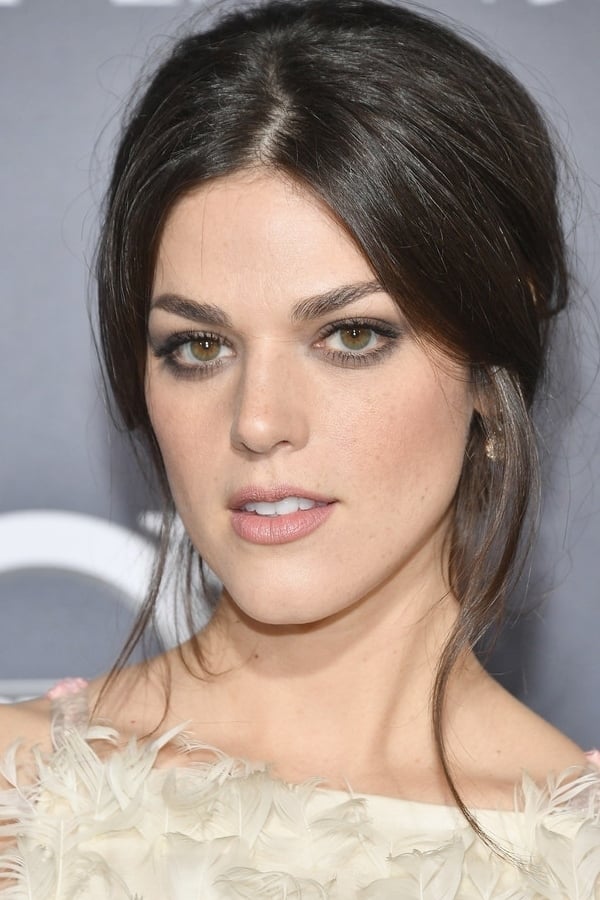Fast forward to present day and well, the 93rd Academy Awards came and went kind of awkwardly. I must admit, I mostly watched the highlights through Twitter because I haven't been able to sit through the entire program since the La La Land/Moonlight debacle. Even so, under the circumstances of pandemic and social distancing, they still managed to (somewhat) provide the never-ending Hollywood glam fest. With no host, they relied on the presence of previous winners and guests to present. With the limited crowd, it was easier to see the diversity of the nominees this year. And as so many have stated, it was the most diverse set of nominees to date--a fact that the Oscars not only subtly used to their benefit--but also, in my opinion, exploited. But even with the celebration of that feat, a part of me (the most pessimistic side) still felt...well, eh? I ask myself, will this last? Was it really as groundbreaking as it was made out to be? Do we celebrate this as a genuine improvement? Each time someone non white or non male is up for an award, a part of me wonders if this is a true testament of their achievement or is it the Academy trying to boost their inclusivity points? Again and again, it takes me back to 2016: the boycotting of the Oscars and the #OscarsSoWhite campaign that was a continuation of a larger conversation around inequity in Hollywood.
I remember that video of Jada Pinkett Smith talking about her frustration with the lack of nomination for Black people at the Oscars. This conversation included other filmmakers like Ryan Coogler, Spike Lee and together they add to a small number of those who have boycotted the Academy's shows. Then the #OscarsSoWhite started to circle around most social media platforms, boosting the topic on snubs. It came after another very white concentrated list of nominees for the Oscars that year. A lot of people were conflicted on this issue because it seems like "an elite problem." Some people said Jada Pinkett Smith was just griping about her husband not getting the gold man. Others have highlighted the fact that there was also a huge lack of representation for the LGBTQ+ community. Personally, I didn't think Will Smith's performance is the important part of this debate. Don't get me wrong, Will Smith is a great actor as were many of the other potential nominees. Despite the power and money the Smiths and other actors/actresses have, I think the point I wish to save from the rubble of the ongoing messy debate is there are racial disparities in Hollywood performance recognition. The focus is typically on the Oscars because of how famous and reputable they are but it filters through even the more smaller festivals. This shouldn't be mistaken as just a "Black and white thing." This is a privilege thing. All non white, male-dominated communities have suffered the Hollywood standard. I look at it this way: money runs the show, plain and simple. There's a reason why you hear certain actors, actresses and films referred to as "Academy Award Winning" in their promotion. You pay some kind of price to get in there. That's why old money and power have a larger stake in this Hollywood game. It also makes me think about all the years of silence around Harvey Weinstein. If the #meToo movement never happened, how much more silence would there be right now? And a lot of the people who have been a part of building that empire have been frankly white old bigots. Hence, the #OscarsSoWhite tag includes even those so far behind the scenes, we often forget their involvement. Therefore, yes, we can see a change in nominees, a boost in winners; we can see some of them break the barriers--but in my eyes, I still question this visibility. It doesn't necessarily mean the actor/actress/film isn't worthy. But in no way shape or form is it getting more "equal." If we think about what a boycott represents, why it matters, perhaps we can start a conversation on why we still rely on these institutions to change in ways that they were never meant to be in the first place? Never forget the "entertainment" Hollywood was founded on. Maybe its time to start award shows that, in their inception, are meant to uplift and celebrate inclusive stories.
In my opinion, Chadwick Boseman should've won. I enjoy Anthony Hopkins' performances and his film roles are iconic, but the career and influence that Chadwick had and the passion and heartbreak that he poured into his character while also fighting colon cancer...it makes me wince every time. That's a powerful artist. I usually can't help but root for the "underdog," but in this case, I would have never taken Chadwick Boseman to be the underdog. He was the superhero to all superheros. Not only that, but the Academy profited so much off of his posthumous nomination, and they knew it! Why in the name of whoever, would you do Best Actor category last if it wasn't to commemorate Chadwick Boseman? It leaves a sneaky and ugly impression! Then, the show just ended...? They didn't even let Anthony Hopkins give a speech remotely upon his request. And here I thought nothing could get worse than the Moonlight/La La Land situation but--I digress. If the boycott and the #OscarsSoWhite is still saying something, it's saying that it's not only about race and gender, it's about power. What's left is how much of that we uplift ourselves.
